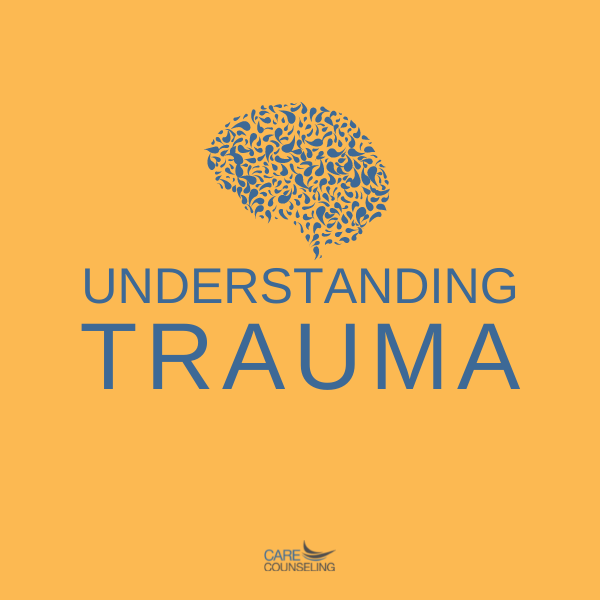 According to the dictionary’s definition, trauma is “a deeply distressing or disturbing experience”. Trauma is considered a widespread problem that can impact people from all ages, backgrounds, and abilities. Abuse, neglect, medical injury, illness or procedures, intimate partner violence, traumatic grief, school violence, and bullying are some examples of trauma. The definition of trauma from the American Psychiatric Association (APA) is “an emotional response to a terrible event like accident, rape, or natural disaster”.
According to the dictionary’s definition, trauma is “a deeply distressing or disturbing experience”. Trauma is considered a widespread problem that can impact people from all ages, backgrounds, and abilities. Abuse, neglect, medical injury, illness or procedures, intimate partner violence, traumatic grief, school violence, and bullying are some examples of trauma. The definition of trauma from the American Psychiatric Association (APA) is “an emotional response to a terrible event like accident, rape, or natural disaster”.
Experiencing trauma is relatively common.
- Did you know that 6 of every 10 men experience at least one trauma in their lifetime? They are more likely to experience accidents, physical assault, and combat or disaster. Men also tend to witness death or serious injuries more often.
- Rates are approximately 5 of every 10 women who experience at least one trauma in their lives. They are more likely to experience child sexual abuse and sexual assault.
For those who have witnessed or experienced actual or threatened death, serious injury, or sexual violence, post-traumatic-stress-disorder (PTSD) can occur. PTSD is considered a mental health condition that includes symptoms such as distressing, uncontrollable memories/ flashbacks, nightmares, severe anxiety, avoidance, and changes in mood or thinking.
Approximately 6 out of every 100 people will have PTSD at some point in their lives, according to the U.S. Department of Veteran Affairs.
Not everyone who has experienced trauma will develop PTSD or meet the full criteria for mental health disorder; however, one’s functioning can still be impacted. Some people may be struggling with several medical or emotional health symptoms of a trauma or stressor-related disorder. Living with someone who is struggling with a substance use disorder, separation from a loved one, death of a pet, food or housing insecurity, religious trauma, racism, and discrimination are additional examples of experiences that may be traumatic.
There are effective treatments that are helpful for individuals who have experienced trauma and those who may be struggling with post-traumatic stress disorder. Certain medications can also be helpful to target symptoms.
Therapists at CARE Counseling can help provide more information about trauma, screen and assess for posttraumatic stress disorder, explore, and process the event, and help you learn coping strategies to calm the mind and body. CARE Counseling also provides several specialized treatment modalities including Accelerated Resolution Therapy, Cognitive Processing Therapy (CPT), Eye Movement Desensitization and Reprocessing (EMDR), Prolonged-Exposure Therapy, and Trauma-Focused Cognitive Behavioral Therapy (TF-CBT).
Written By: Charlotte Johnson, MA, LPCC
We’re Here to help
Our wellness experts will be happy to take care of you. You can CLICK HERE to schedule an appointment now or call (612)223-8898.
Meet Clinicians
We’re united by our commitment to providing effective, relevant, and innovative mental health support at all stages of your journey. Click Here to find out more about who we are, where we come from, and how we live out CARE’s mission every day.
The professionals at CARE are actively collecting and creating resources to help with what you need. We’re Here for You.



